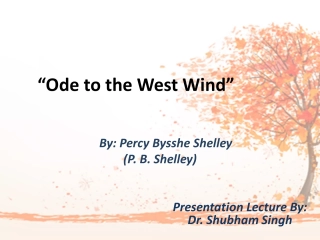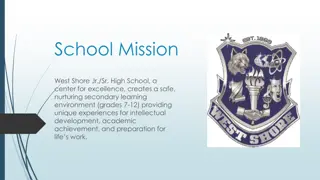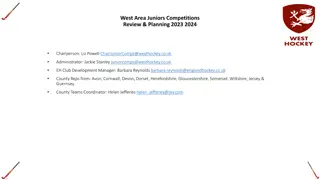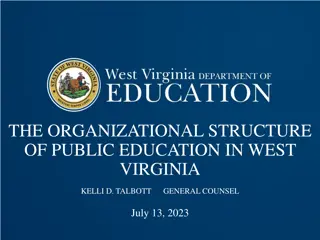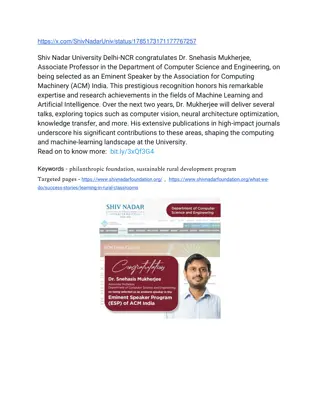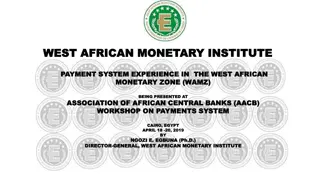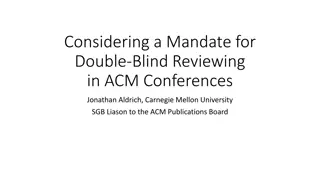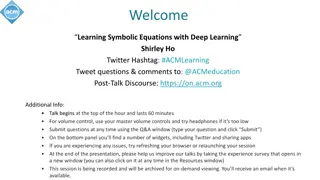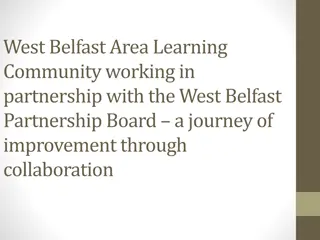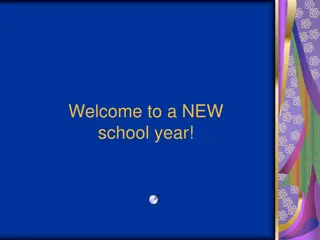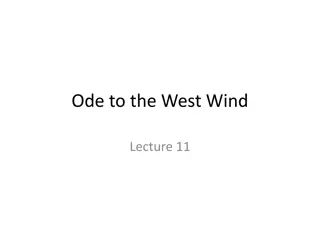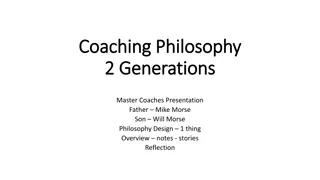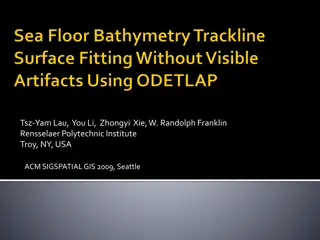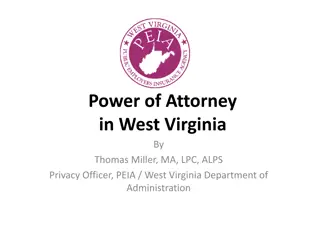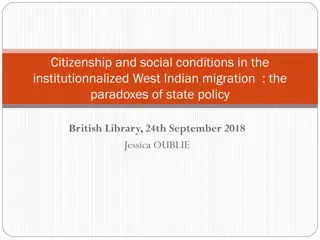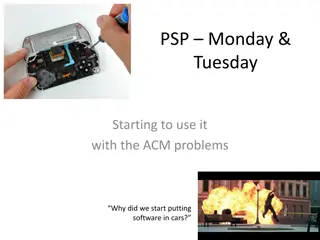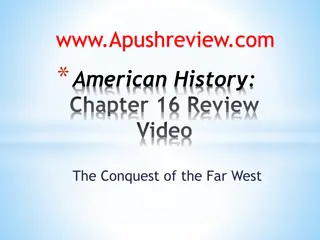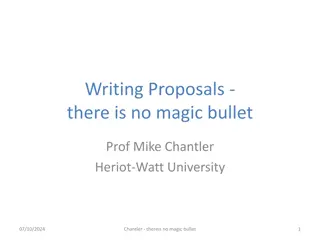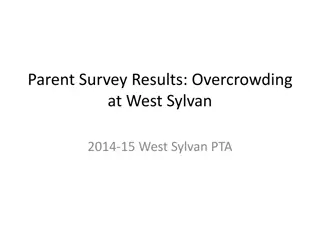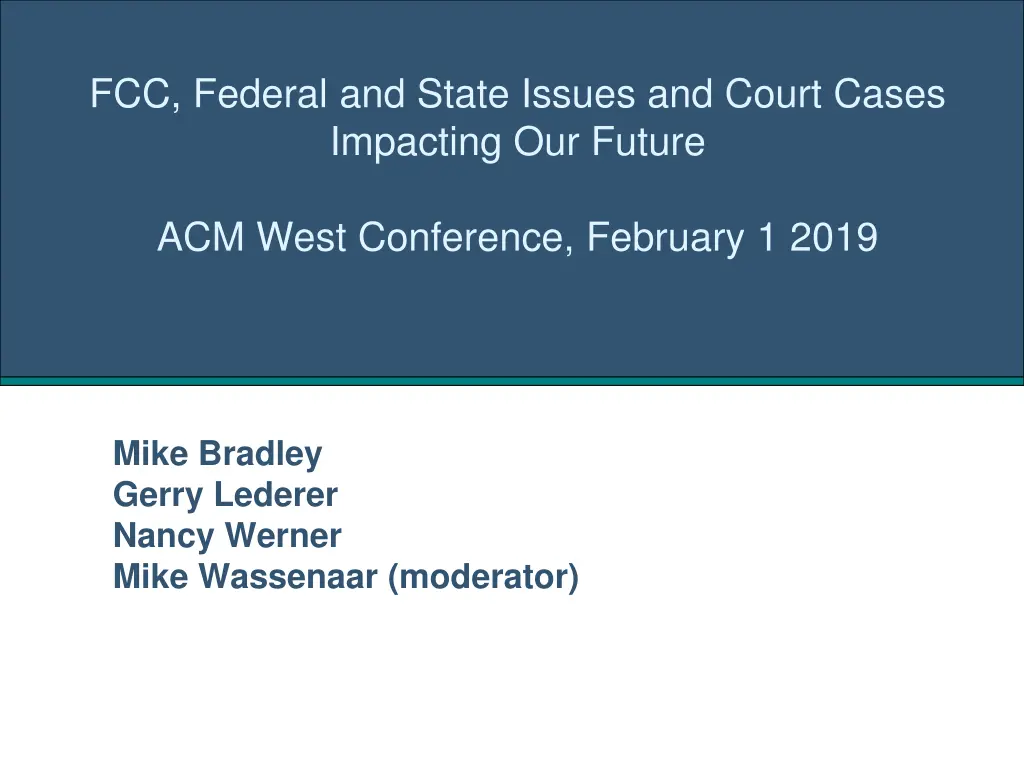
FCC State and Federal Issues Impacting ACM West Conference
Explore the key court cases and rulemaking issues involving the FCC and cable franchising that are impacting the future of public access channels. The Manhattan Community Access Corporation v. Halleck case before the US Supreme Court, along with the FCC's Second Further Notice of Proposed Rulemaking on Cable Franchising, are examined alongside various perspectives and potential implications.
Download Presentation

Please find below an Image/Link to download the presentation.
The content on the website is provided AS IS for your information and personal use only. It may not be sold, licensed, or shared on other websites without obtaining consent from the author. If you encounter any issues during the download, it is possible that the publisher has removed the file from their server.
You are allowed to download the files provided on this website for personal or commercial use, subject to the condition that they are used lawfully. All files are the property of their respective owners.
The content on the website is provided AS IS for your information and personal use only. It may not be sold, licensed, or shared on other websites without obtaining consent from the author.
E N D
Presentation Transcript
FCC, Federal and State Issues and Court Cases Impacting Our Future ACM West Conference, February 1 2019 Mike Bradley Gerry Lederer Nancy Werner Mike Wassenaar (moderator)
Manhattan Community Access Corporation v. Halleck (US Supreme Court) Second Circuit Court held that public access channels are designated public forums and that MNN and its employees are state actors and may not take action barred by the First Amendment. The Supreme Court is considering an appeal by MNN on the question of whether a private operator of a designated public forum is a state actor. http://www.scotusblog.com/case-files/cases/manhattan- community-access-corp-v-halleck/
Manhattan Community Access Corporation v. Halleck (US Supreme Court) Appeal revolves around whether the Second Circuit made an error with the state actor test in the case because MNN is not controlled by local government. NCTA claims in its amicus that PEG channels are an unconstitutional burden on cable operators free speech and should be eliminated. ACM, ACD and NATOA filed comments refuting NCTA s analysis and claims.
Manhattan Community Access Corporation v. Halleck (US Supreme Court) Other amici included Electronic Freedom Foundation, ACLU, Cato Institute, Internet Association and others. Some focused on impacts beyond public access channels. Oral arguments on February 25. Ruling by end of Spring? Effects of case could be narrow or wide
FCC Second Further Notice of Proposed Rulemaking on Cable Franchising MB Docket No. 05-311 The notice itself as it relates to PEG Access Proposes to rule that all In-Kind cable franchise obligations other than PEG capital costs and build-out requirements are a franchise fee under the Cable Act and thus count against the 5% franchise fee cap. Proposes to define In-Kind contributions so broadly as to undermine the Cable Act s intent to provide franchise fees to communities for use of public rights of way. Could conceivably mean that any non-monetary benefit can be charged back against franchise fees including backhaul services, electronic program guides, and the value of PEG channel capacity itself. The charge backs may be at fair market value as determined by cable companies, so in many communities franchise fees might be eliminated in their entirety.
FCC Second Further Notice of Proposed Rulemaking on Cable Franchising MB Docket No. 05-311 Comments overwhelmingly opposed the proposed rules Approximately 3400 comments NATOA, NLC, US Conference of Mayors, NACO, ACM, ACD, Wisconsin Community Media, MassAccess, Public Knowledge, Free Press and others Municipal leagues in Washington, Alabama, Georgia, Wisconsin, Minnesota, North Carolina Coalitions of cities and hundreds of individual cities and cable commissions and states School districts Individual PEG centers and channels Individuals and faith groups 12 US Senators and Nine US Representatives And Verizon, NCTA and American Cable Association
FCC Second Further Notice of Proposed Rulemaking on Cable Franchising MB Docket No. 05-311 Key Question is whether Montgomery vs FCC allows the FCC to determine that any non-monetary benefit can be defined as a franchise fee. Many commenters in opposition note the finding in Montgomerydoesn t mean that they are necessarily and that the rule would violate Congressional intent of the 1984 Act. Other commenters in opposition show benefits to community and viewers rather than just LFAs. Proponents claim widespread abuse and possible benefits for broadband investment. Opponents cite financial harms, loss of channels, harms to individuals and groups beyond local franchising authorities.
New Faces at FCC Geoffrey Starks confirmed as Commissioner Starks staff includes some familiar and friendly faces Michael Scurato named media advisor knows PEG through work with National Hispanic Media Coalition
116th Congress New House Democratic majority rearranges Energy and Commerce Committee. Representative Frank Pallone (NJ) is expected to lead the committee. Yvette Clarke is vice-chair. Rep Michael Doyle (PA) is senior Democrat on the Communications and Technology Subcommittee. Doris Matsui (D-CA) was chosen as vice-chair of Telecomm Subcommittee. Staffing will increase for Democrats.
116th Congress Committee leadership has expressed interest in greater FCC oversight through hearings and investigations. Rep. Anna Eshoo has authored HR 530, to provide that certain actions by the FCC shall have no force or effect Accelerating Broadband Development by Empowering Local Communities Act of 2019
116th Congress Senator Roger Wicker (MS) takes over leadership of Senate Commerce Committee. Senator Wicker has expressed skepticism on FCC commitment to rural broadband funding and broadband mapping accuracy.
116th Congress Senator Maria Cantwell (WA) is now ranking member on the committee. Senators Thune and Schatz lead the Communications subcommittee.
What Can You Do? Participate in ex partes with FCC Ask House members to express disapproval of FNPRM with the FCC Ask House members to support HR 530 by becoming co-sponsors Continue education in Senate

